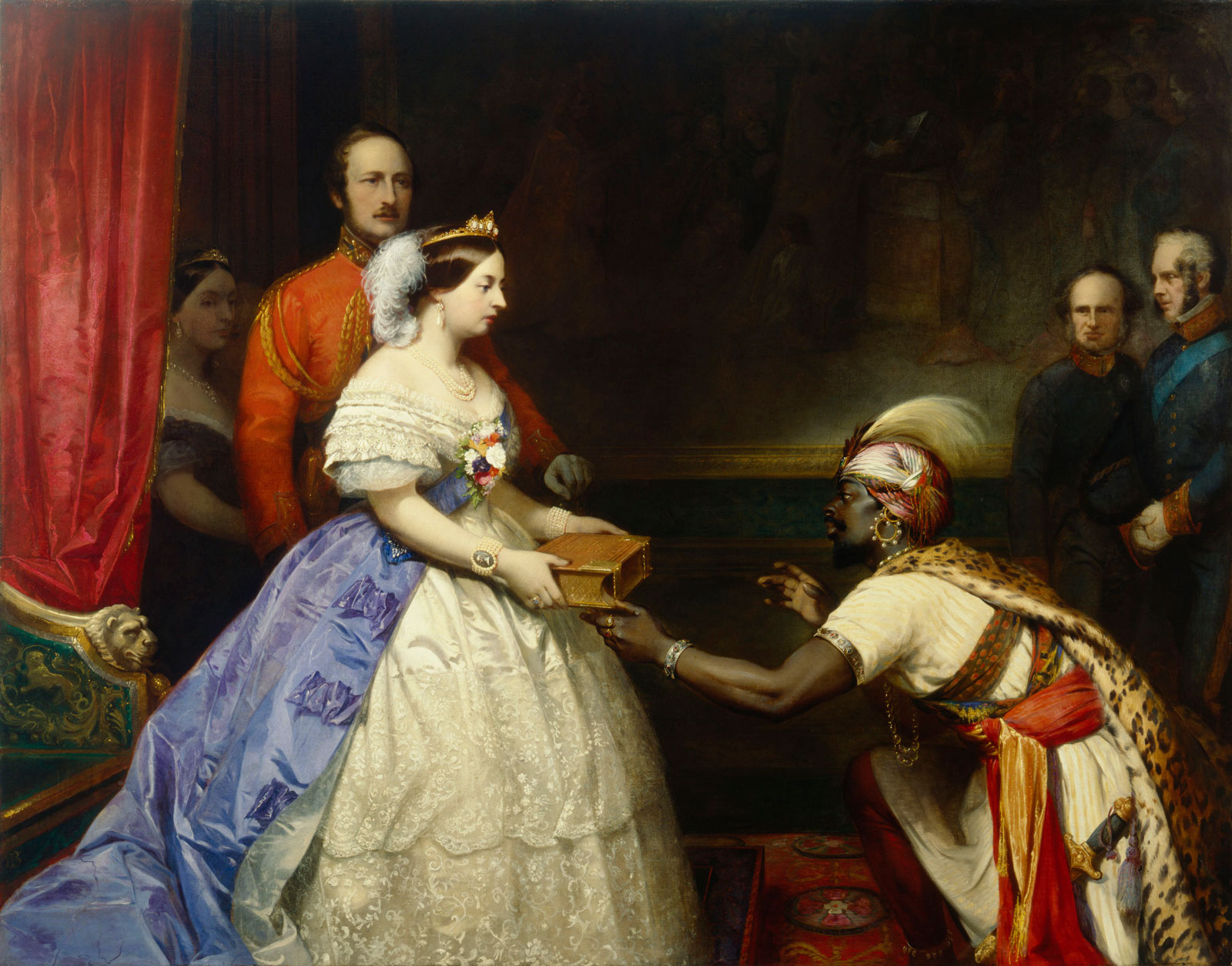@e_flux wrote:
![]()
At the NY Review Daily, Jenny Uglow writes about Tate Britain's current exhibit "Artist and Empire,” a survey of five hundred years of art about European imperial conquest. The exhibition makes a mild attempt at imperial self-criticism, showing works that exemplify the racist hubris of empire, as well as indigenous artwork stolen—I mean "preserved"—by European museums. But Uglow finds this effort to be half-assed at best. Here's a snippet of the piece:
It’s brave of Tate Britain to mount an exhibition called “Artist and Empire” when we are constantly mumbling apologies for Britain’s imperial past—for wars and slavery, exploitation and looting, religious and cultural oppression. Not that this show is a celebration. By its own account it is rather an attempt to show how artists have responded to the history and ethos of empire over the last five centuries, and to address its legacy “not just in public monuments, but in social structures, culture and in the fault lines of contemporary global politics.” Ambitious, no doubt. But the presentation has an uncomfortable diffidence. I went on a drizzly December day with a clever, sassy friend, who immediately nudged me as we read the first labels, raising her eyebrow at the evasive historical detail, the fudging, politically correct phrase.
This raises the question of how much one can appreciate an individual work of art, or indeed a genre, when the context is so dominant. The first room, for example, is filled with maps, many showing the spread of pink across the globe. It begins with a vivid watercolor diagram of the siege of Enniskillen Castle in 1593, a part of the English campaign to capture the Ulster province of northern Ireland, the beginning of colonization—a land-grab near to home. It feels embarrassing to admire—as I couldn’t help doing—the clever sketches of little groups of musketeers and the beautifully drawn boats with their siege ladders on board, in the knowledge of the centuries of trouble that lay ahead.
Image: Thomas Barker, The Secret of England’s Greatness, circa 1863. Via NY Review Daily.
Posts: 1
Participants: 1
